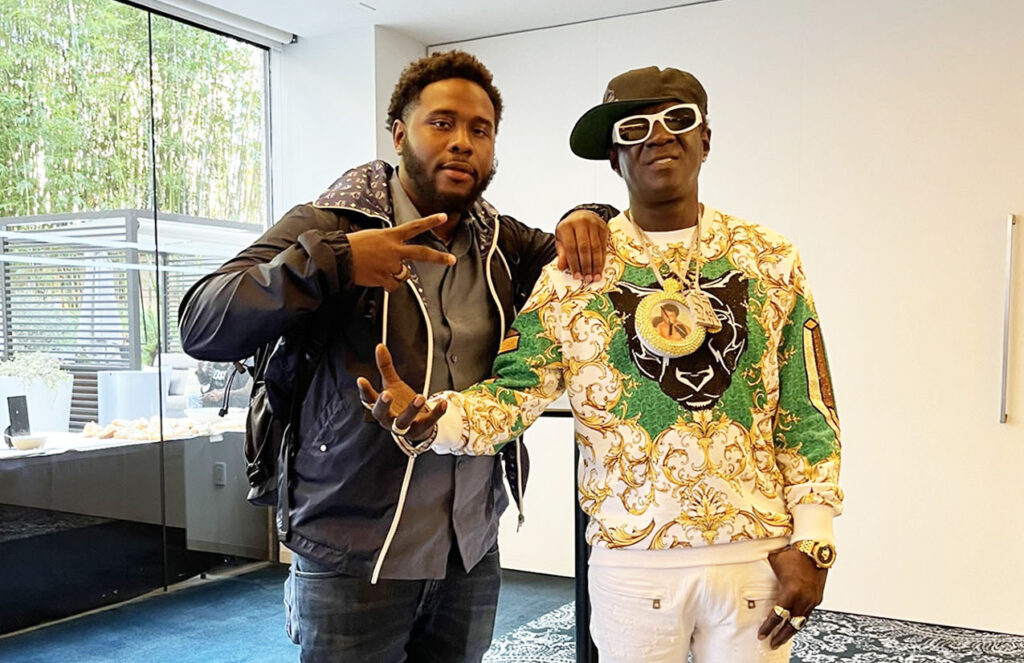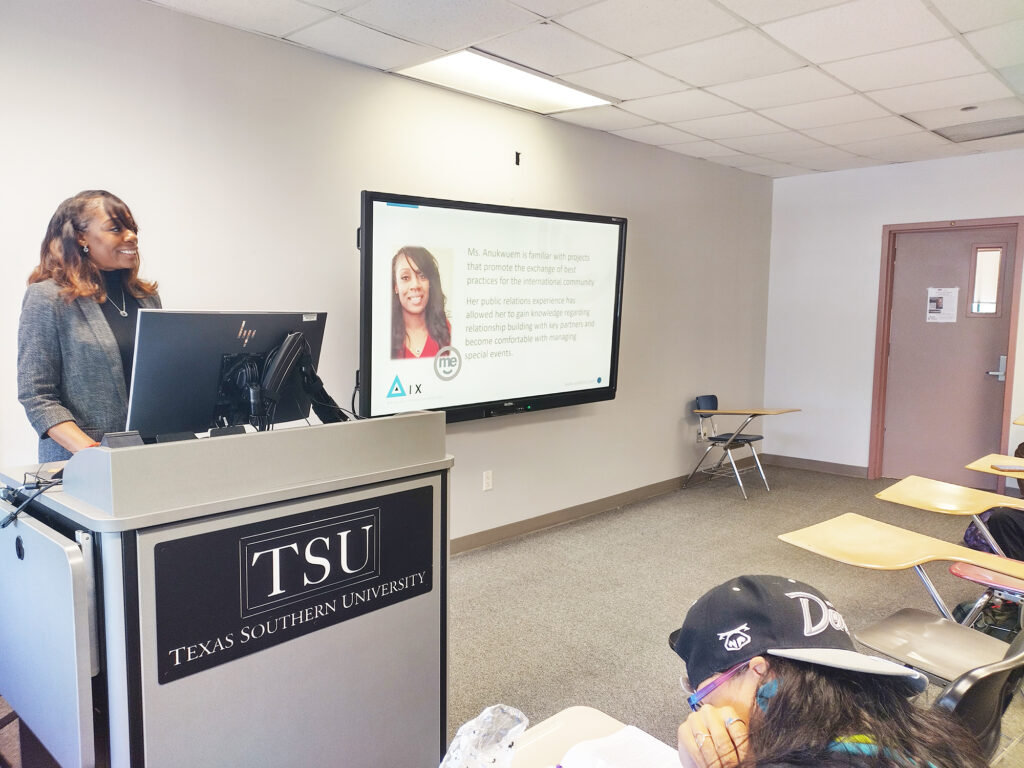STEM Students from Historically Black Colleges and Universities Chosen for Healthcare Initiative
Written by Mahbuba Matovu on November 4, 2022
The American Heart Association has announced that it has selected 52 students from 23 academic institutions to participate in its Historically Black Colleges and Universities (HBCU) Scholars program. The program aims to address the racial disparities in healthcare by fostering talent, preparedness, and growth among underrepresented students in science and medicine to pursue careers in biomedical science.
The HBCU Scholars program is designed for students enrolled in biomedical or other health sciences programs at their respective institutions. Students will study how the social determinants of health and other health disparities impact underserved communities. Additionally, students will engage in scientific research projects and their findings will be presented at the end of the program. The program is supported by a Quest Diagnostics Foundation grant and is open to sophomores, juniors, and seniors from historically underrepresented communities.
Selected students are paired with mentors who work in healthcare or are currently performing their own relevant scientific research. They also participate in a leadership development program and receive a financial stipend to help cover education-related expenses. The scholars are chosen based on their GPA, completion of a formal application, which includes an essay, and an official recommendation from their school.
Mandell Jackson, vice president and general manager, Quest for Health Equity, Quest Diagnostics says the program enriches academic and networking opportunities for students to propel their professional aspirations. “This program plays an essential role in supporting the pipeline of Black students who will increase representation and equity in the healthcare field,” he said.
According to clinical research studies published in the American Journal of Public Health, patients of color may encounter challenges such as uncomfortable interactions and improper communication when receiving medical care. Such challenges could originate from the absence of diversity and implicit, unconscious biases among healthcare professionals. Consequently, patients’ trust in the healthcare system may be negatively affected, resulting in non-adherence to prescribed treatments and recommended care. Addressing these concerns and creating a more equitable healthcare system has been an essential aspect of the HBCU Scholars program since its inception in 2015.
Learn more about the American Heart Association Scholars Program at Historically Black Colleges and Universities (HBCUs) here.






